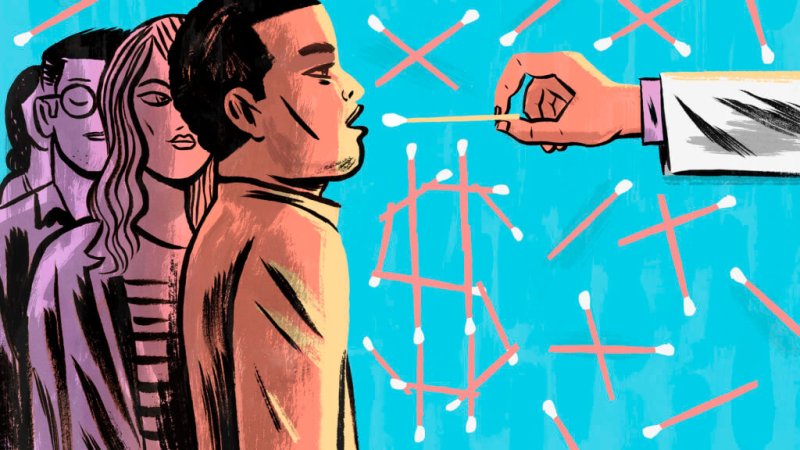While DNA testing upends the practice of medicine, U.S. laws aren’t keeping pace. That’s one message from a nearly finished 3-year, $2 million project called LawSeq, which aims to build a legal foundation to support genomic medicine. Doctors and other health care providers are already facing lawsuits that broach new legal terrain—and sometimes even hold them liable for how they offer, interpret, and counsel patients about genetic tests.
…
One lawsuit came in response to the death of 16-year-old Joseph Polaski in Pennsylvania in 2010. He died from hypertrophic cardiomyopathy.
…
In a lawsuit, Polaski’s family contended that the EKG results [of Polaski’s father] should have set off alarm bells for Polaski’s father’s doctor, which would have led to genetic testing for the patient—and ultimately for his son. Polaski inherited the condition, and the lawsuit charged that his life could have been saved had the family known. Even though the doctor never treated the teenager, the family suggested he had a legal duty to Polaski. In 2015, a judge agreed.
…
Because science and standard medical practices are in flux, professional organizations can’t yet say “here is what you must do,” [medical geneticist Reed] Pyeritz says. That may well change.
Read full, original post: As gene testing surges, lawsuits aren’t far behind































